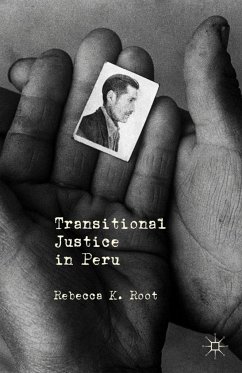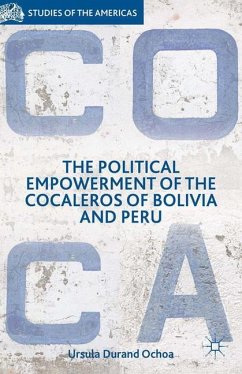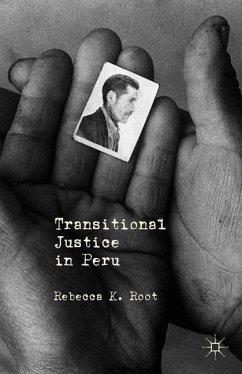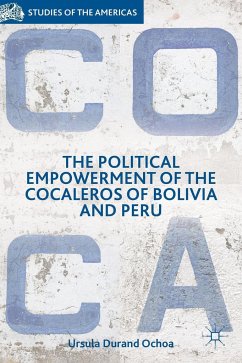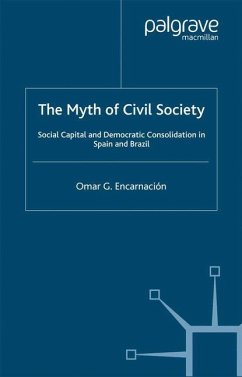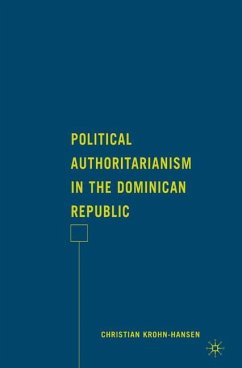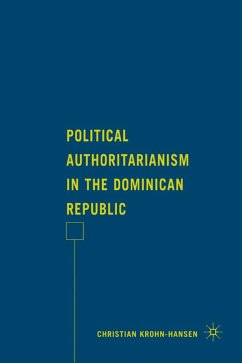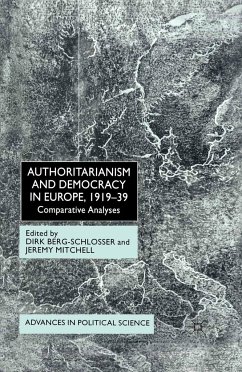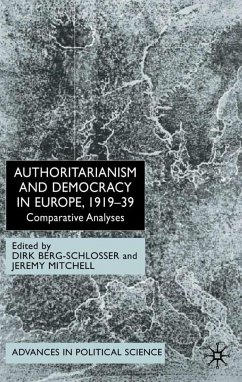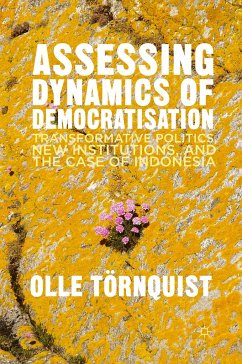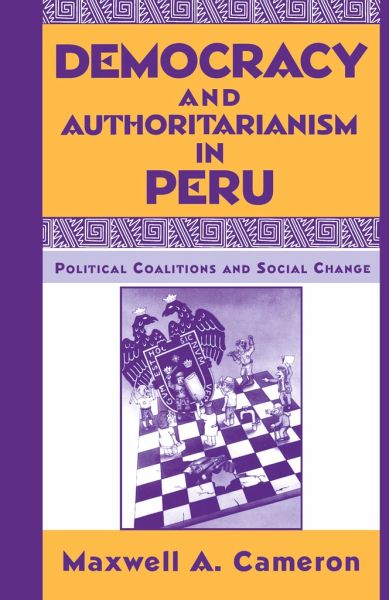
Democracy and Authoritarianism in Peru
Political Coalitions and Social Change
Versandkostenfrei!
Versandfertig in 6-10 Tagen
76,99 €
inkl. MwSt.

PAYBACK Punkte
38 °P sammeln!
Under what conditions is democracy stable? What forces undermine or reinforce democratic institutions in Latin America? This book suggests answers to these questions in the context of Peru, one of Latin America's least stable democracies. It identifies the micro and macro causes that explain the gradual breakdown of democracy in the period between the 1980 transition from authoritarian rule and the 1992 suspension of the Constitution and closure of Congress by President Alberto Fujimore. Similar 'self-coups' were subsequently threatened in Bolivia, unsuccessfully attempted in Guatemala, and ac...
Under what conditions is democracy stable? What forces undermine or reinforce democratic institutions in Latin America? This book suggests answers to these questions in the context of Peru, one of Latin America's least stable democracies. It identifies the micro and macro causes that explain the gradual breakdown of democracy in the period between the 1980 transition from authoritarian rule and the 1992 suspension of the Constitution and closure of Congress by President Alberto Fujimore. Similar 'self-coups' were subsequently threatened in Bolivia, unsuccessfully attempted in Guatemala, and actively considered in Brazil. Democracy and Authoritarianism in Peru stresses how recent changes in the class structure - particularly the informalization of the economy - created social conditions unfavorable to stable political coalitions in Peru. However, it also traces the mechanisms through which democracy has been undermined by exploring the choices and strategies of political actors inresponse to changing structural conditions. The book provides an analysis of the crisis of Peruvian democracy that weighs the importance of structural constraints and political choices. It is of broad interest to anyone concerned with problems of democratic consolidation.





